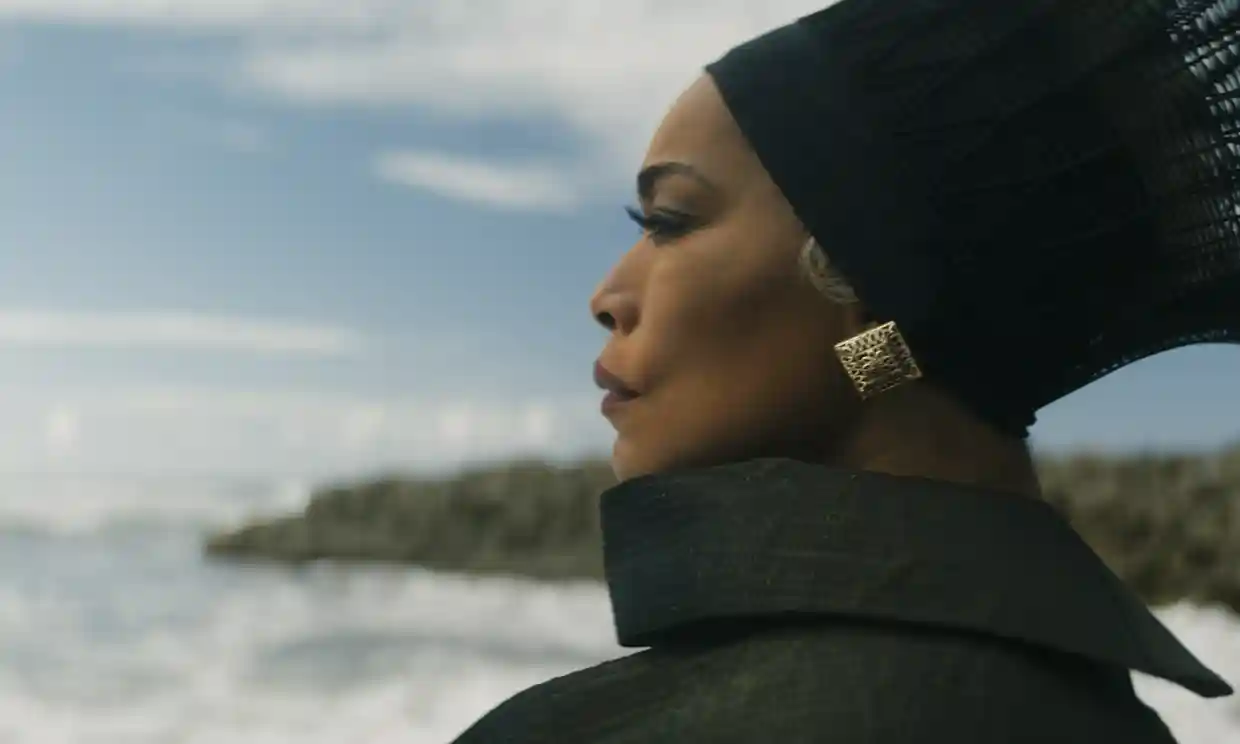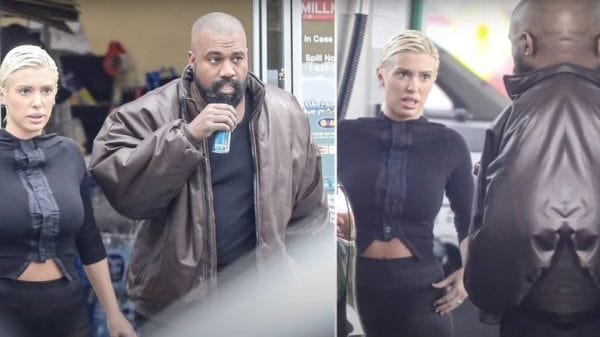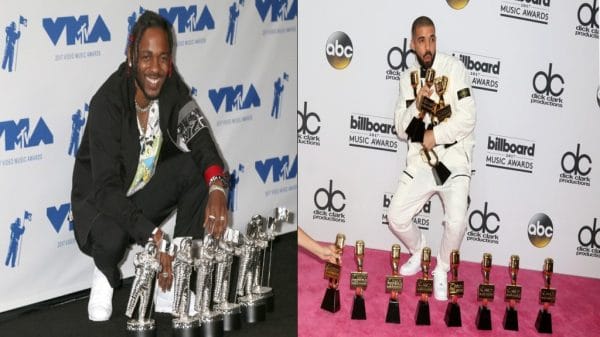Ryan Coogler’s new film Wakanda Forever has been praised for its critical presentation of western hegemony and colonialism across the globe. It addresses the detrimental impact of colonialism in the continents of Latin America and Africa.
This results in what feels like a wholesale rebuttal of the oppressive system of sustained oppression in the political and cultural systems that have sprung up in the past century.
Hollywood’s Colonialist Past
Throughout its history, Hollywood has failed to take seriously the impact of European and North American imperialism worldwide. Figures like John Wayne were venerated during the golden era of Hollywood cinema in the 40s and 50s. His films often revolved around the denigration of First People and this was reflected in his real-life opinions. Once, for example, he said, referring to North American land, that “Indians were selfishly trying to keep it to themselves.” During the 1973 Oscars, John Wayne also threatened to storm the stage and physically remove Sacheen Littlefeather from the public eye, during her speech that condemned Hollywood’s representation of First People.
Platforming figures like Wayne and glorifying his perspective in his movies, some of the most popular of the era, spoke to the industry’s apparent lack of sensitivity on the subject. This insensitivity has continued in ever increasingly subtle forms, as Hollywood has ostensibly attempted to tackle these kinds of representations. This has been most visible in films like Avatar (2009) and Lion (2016), which provide prominent examples of the white savior complex. This is a trend in which the white character in a film dominates the narrative. In such a narrative, the suffering, and eventual overcoming of said suffering, of a character or characters from a BAME background is generally placed with the film’s central white character.

Black Panther and Wakanda Forever
Ryan Coogler’s 2018 film Black Panther, Wakanda Forever’s predecessor, which starred the late Chadwick Boseman, received heaps of praise upon its release. The film used nuance and empathy to compare the experiences of being African (represented by Boseman’s T’Challa) and African American (represented by Michael B. Jordan’s Killmonger). The film’s majority black cast and the aforementioned themes introduced a huge moment in mainstream Hollywood cinema. Possibly in its history.
Wakanda Forever, the recent sequel to that film, has been released to similar praise. Indeed, particularly highlighted has been the film’s presentation of the effect that colonialism and modern capitalism have had or continue to have on African, Latinx, and indigenous people across the globe. Coogler has spoken about the similarities of experience between different groups of people. He points out that many have been displaced, brutalized, and belittled by the forces of imperialism and colonization. Alex Livinalli, who plays Attuma in the film, has suggested that the legacy of Black Panther is ‘representation’. Seemingly, Wakanda Forever has carried that particular torch expertly.
See the trailer for Wakanda Forever below.














